When we found out last year that we were moving to Spain in the Auxiliares program, we jumped in the air, Anchorman style, with elation. How exciting to move to the land of flamenco, churros and, more importantly, forced siestas! Then I looked at my letter confirming the town we would be living in: Pozoblanco. Um, where?
- A pretty little town
- The famous well of Pozoblanco (White Well)
Well, it turns out that Pozoblanco is a medium-sized pueblo (town) in the province of Córdoba. The good news, our pueblo was about 1.5 hour’s drive north of Córdoba, one of our favourite Spanish cities. The bad news, it’s about 1.5 hour’s drive north of Córdoba, one of our favourite Spanish cities. So close, and yet so far from the action! Which led us to ask, “To Pueblo or not to Pueblo?”.
There are pros and cons to living in a pueblo versus living in the larger cities. To help any future auxiliares who are in a similar situation, here is our list:
Pros of Living in a Pueblo
It’s cheaper
It is cheaper to live in a pueblo than a bigger city. For example, rent is a lot cheaper (we paid €250 per month for a 3 bedroom, fully-furnished apartment while friends in Córdoba paid €450 for something similar). Utilities and internet costs are slightly cheaper also. Then there is also the cost for travelling between towns. If you happen to be teaching in a pueblo, you will need to factor costs to get to and from school. Many auxiliares carpooled or caught public transport. To get a return ticket from Pozoblanco to Córdoba was €13 per day, which adds up quickly!
Relationships with the locals
- We’ve made life-long friendships here
- Strong friendships forged with the locals
True, this could apply for choosing to live in the bigger cities also. However, by living in the town where you are teaching, it can help build relationships with your colleagues, students and parents. This perhaps could be a reason NOT to live in the same town, but in our case, we loved the people we worked with and felt invited and accepted into the community.
Less time to commute to school
Living in a pueblo presents some of life’s simple pleasures, walking to work. Pueblos are generally smaller, so it’s easier to walk around town. I could walk from one end of Pozoblanco to the other in less than 30 minutes (which was helpful, as I was placed at two separate schools at the opposite ends of town!). If you decide to live in the pueblo you are placed in, you will save a lot of precious siesta time by not having to wait for your ride to commute back and forth from school and home.
Random sights
Living in a small town can often present some bizarre sights that you may not see in the larger cities. For example, one day I was walking home from school when I passed three large horses, standing at a bar. The riders were on their backs having a sneaky drink session during the siesta break, and it appeared to be business as usual. Not sure if you’d see things like that in one of the bigger cities!
Cons of pueblo life
Missing the Big City Excitement
Whilst we loved our little town, we were hardly there on the weekends! We made it a quest to visit a new city every weekend and except for three weekends in the entire nine months, we did so! On the weekends we stayed in our little town, it was a generally quiet and tame affair. It may come as no surprise that the bigger cities have more going on in terms of entertainment, museums, restaurants and events. If you like excitement, maybe it’s worth living closer to the action and commuting the four days a week.
Isolation
If you aren’t overly fond of your own company, living in a small pueblo can be a little difficult. Personally, I like to have some alone time and am not bothered, but if you want to surround yourself with others and make new friends, it can be a little more difficult in smaller towns as there aren’t as many social events. If you can’t speak Spanish, then this can also cause some culture shock, as there are less English-speaking residents in the smaller towns. But, on the bright side, it will force you to learn Spanish through integration! The larger cities will often have more auxiliares and plenty of social events such as group sports and language exchanges.
Additional transits for weekend travel
When we realised we were moving to Spain, we saved like crazy so that we could explore as much of Spain and Europe as possible. Our routine was to finish school at 2pm on Thursday, run home and scoff down lunch before running to catch our bus into Córdoba to then hop onto a train to our next destination. Whilst it wasn’t terribly difficult or painful for us to do this, living in a larger city with a train station, or better yet, an airport would make planning weekend escapes easier as we wouldn’t need to factor in the costs and time to connect buses to and from the pueblo.
The Verdict
At the end of the day, there is no right decision and it will come down to what your priorities are and what you are more comfortable with. We were quite happy living in a small town for the above reasons, however if you are lucky enough to be placed in a larger city, embrace it! Whilst we didn’t mind living in Pozoblanco, we were ready to move into a bigger and busier city upon renewing. For a first year, if you are placed in a pueblo with a decent commute to the big cities, we say give ‘pueblo living’ a chance. At the time, we often joked about how quiet and non-eventful our little town was, but now that we are back in Australia, I miss the simple small-town life and our week-to-week routine.
Good luck with the decision! Has anyone else been in a similar situation? What are your thoughts?
Latest posts by Kim-Ling (see all)
- 9 Gifts for the Traveller at Home in 2020 - November 27, 2020
- Tropicfeel Shoes – The Travel Shoe for Everywhere, Every Day - June 22, 2020
- Light to Light Camps – The best way to do the Light to Light Walk - July 30, 2019

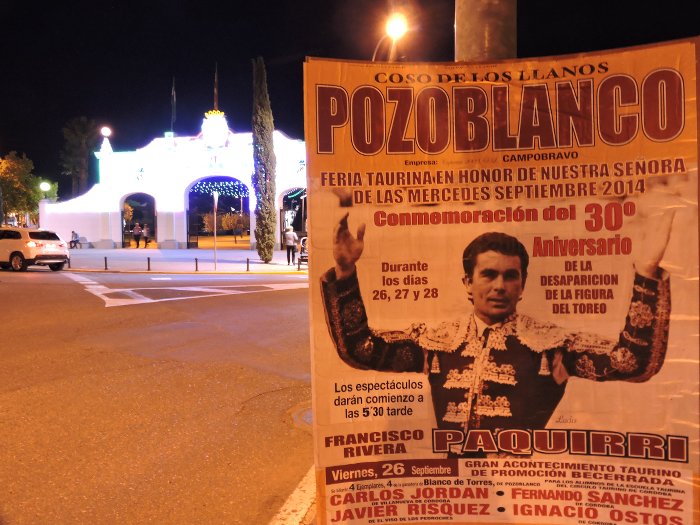
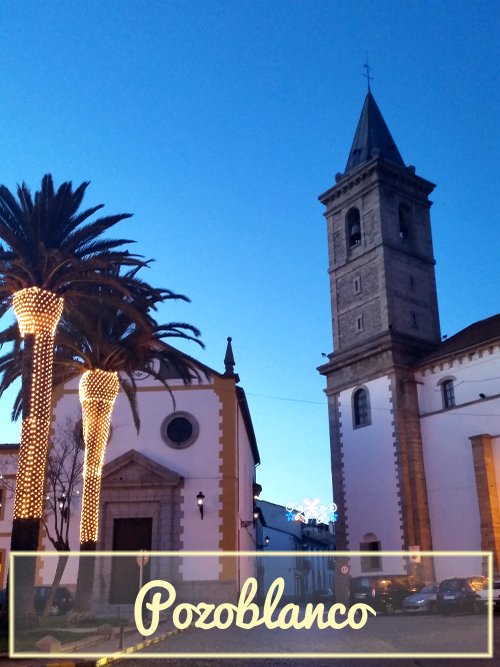
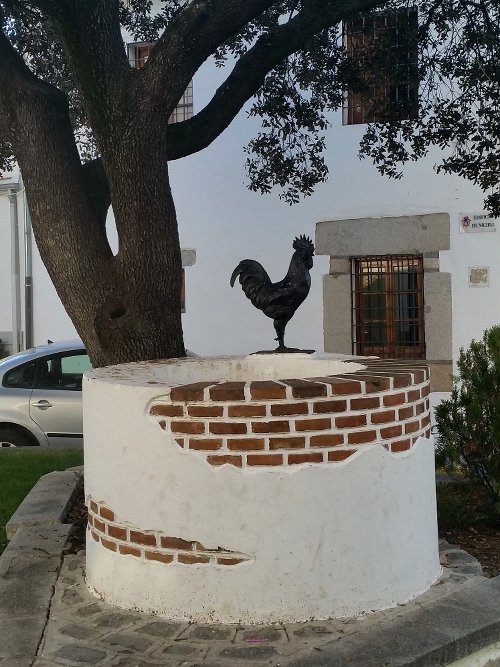
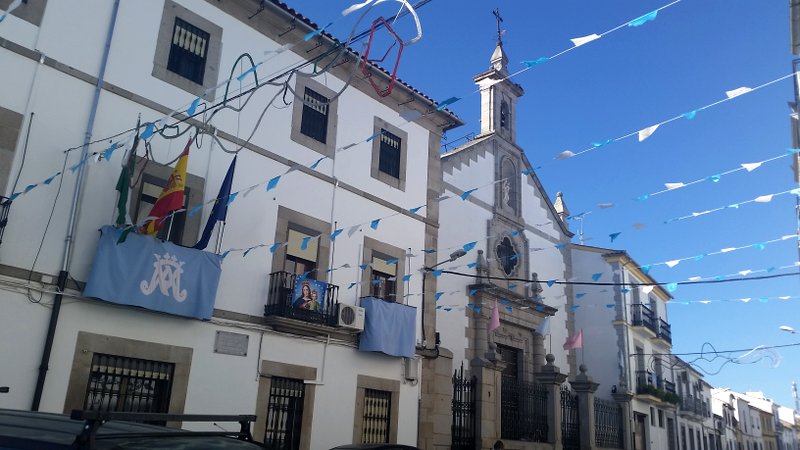
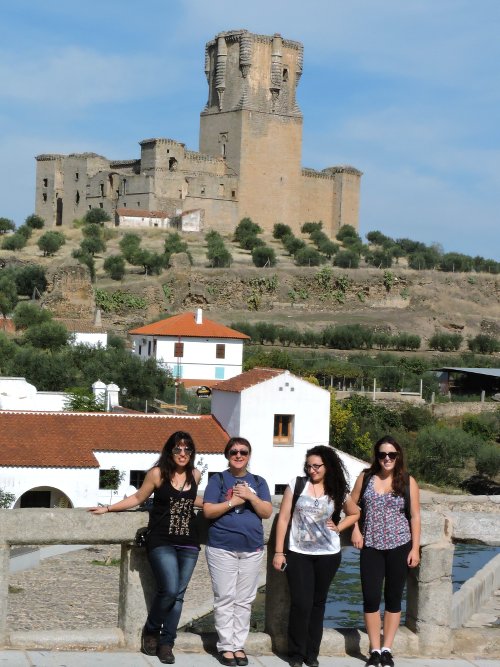
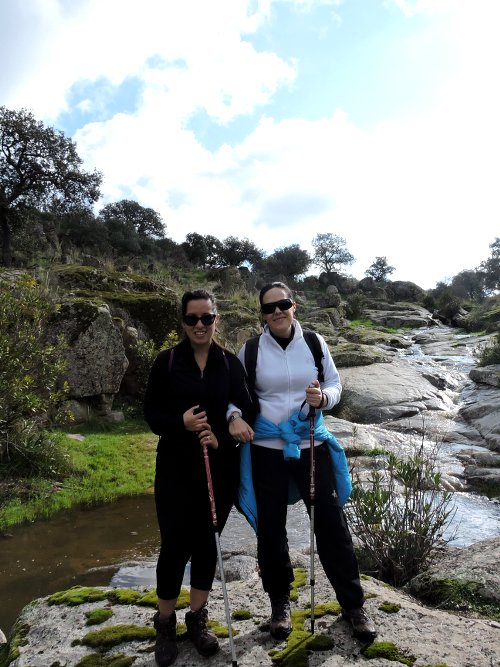
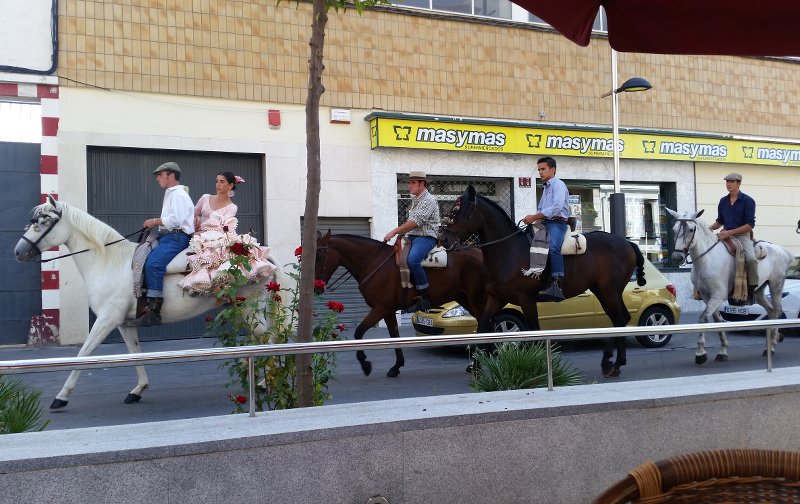

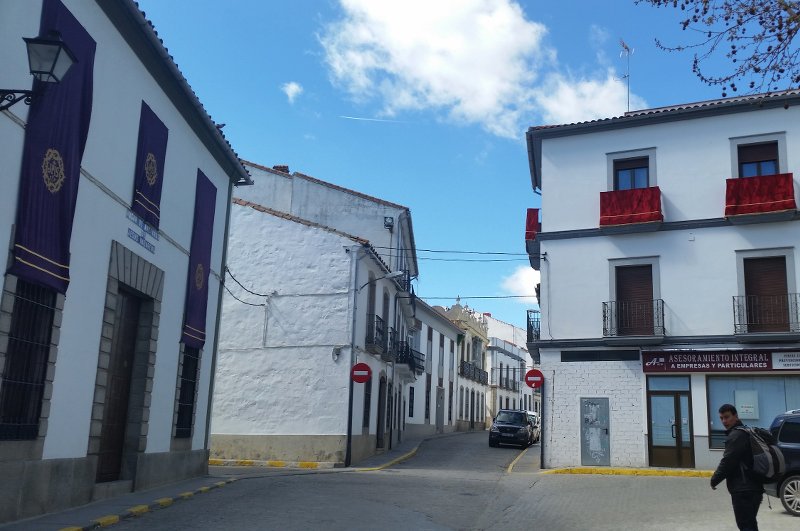
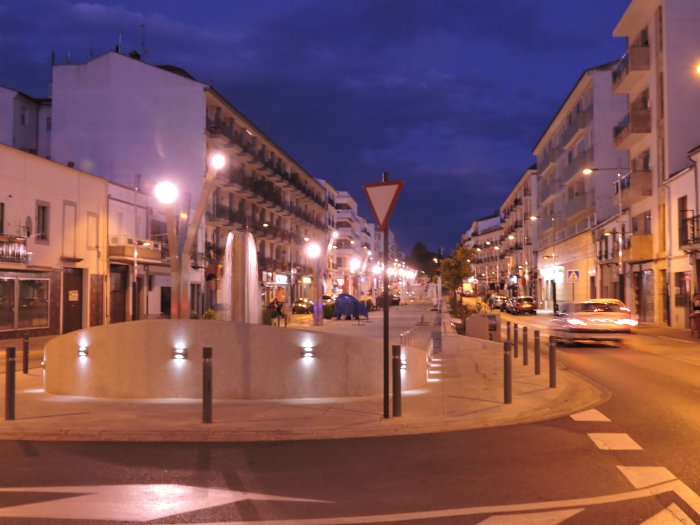

I had the same first reaction when I first saw my letter inviting me to Spain! Then I realized that Cadiz was the province, not the town I’d be living in. I did a street view on Google Maps and realized that the image that came up with just about the entire town! 8000 people, 2 miles long, I could also walk from one side to the other in less than 30 minutes. I was a little disappointed and looked into commuting from Malaga, but after staying a week in Olvera, I loved it! It’s true, our town was quiet on weekends as well, and we ended up leaving most weekends too. But when we did stay to explore our little village, we found some truly wonderful sights like the old Moorish castle you can climb (for free when you’re an Olvera resident!), a little flea market on Saturday mornings, a campground with incredible views and a great little restaurant, and 99 bars within 2 miles. Actually, when I got placed in a city for my second year, I was disappointed because I came to love and prefer village life! I highly recommend first years give their village a try instead of commuting – they may just find it’s exactly what they were looking for when they signed up for the program. 🙂
So true Alyssa! I will often daydream about our little town and miss it. I agree that if you are placed in a small town, at least give it a go. I guess it depends on what you are after though. It really is what you make of it.
Ahhh Kim-Ling! I feel like you summed it up perfectly. That matches how we felt– I really loved the intimacy and quirkiness of a small town and really wouldn’t have given up living in Osuna for anything! There are definitely the pros of big city life, but either way can be so great 🙂
So true Liz! I am really happy we chose to stay local in our first year. When we do move back (as we WILL make it happen!), we would probably aim for a bigger town.
Thank you for your lovely posting. Food for thought for this little bird.
Thank you! It can be a tough decision, but I’m sure either way, you can make the most of it!